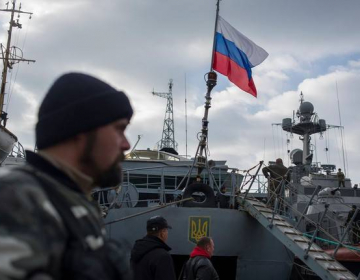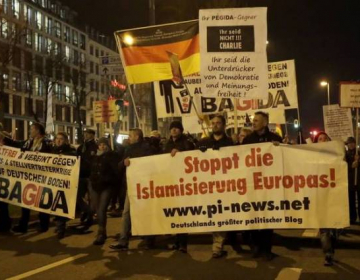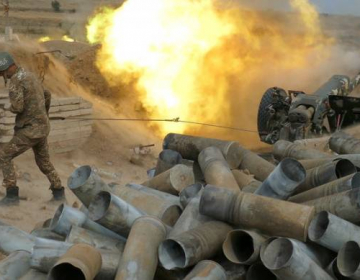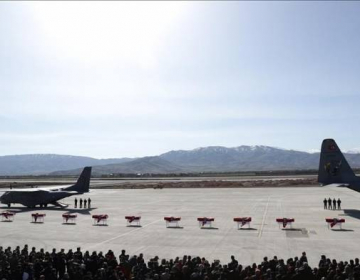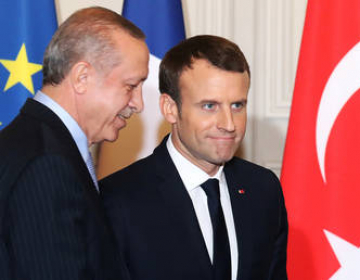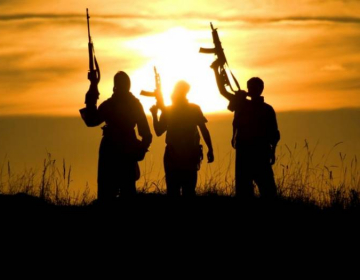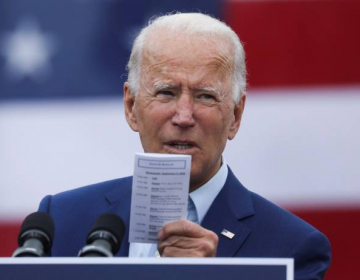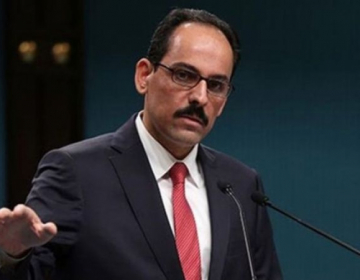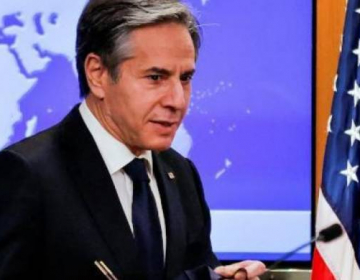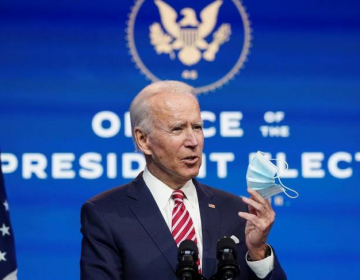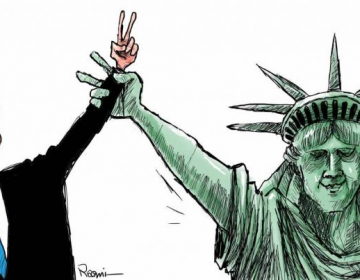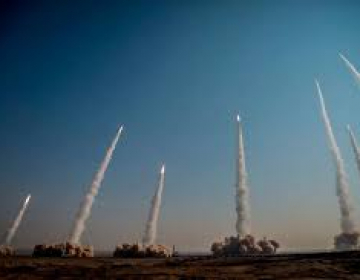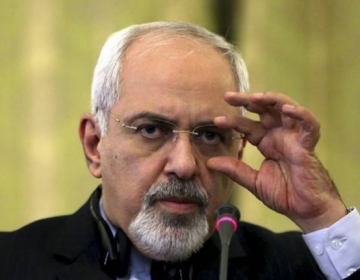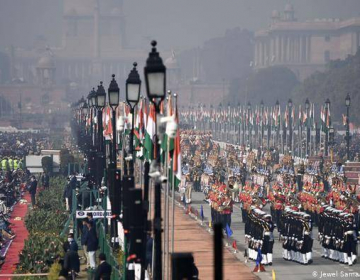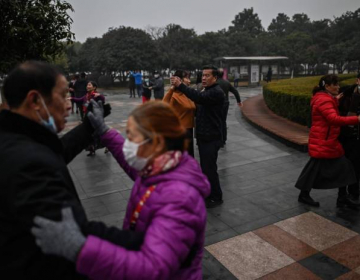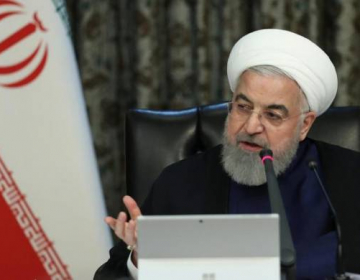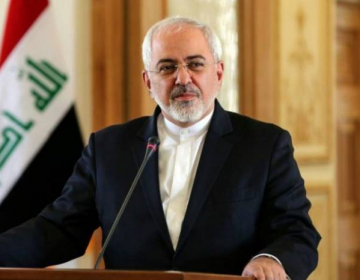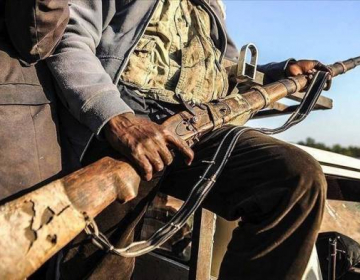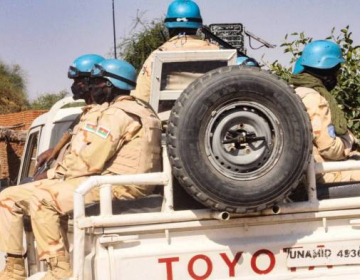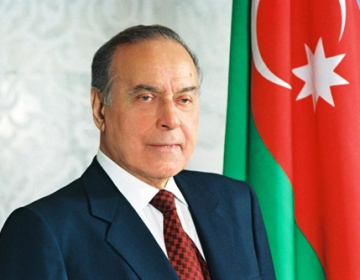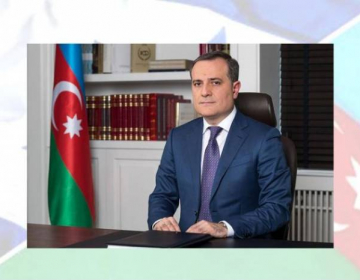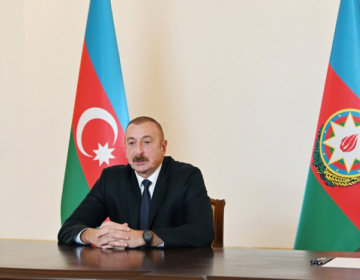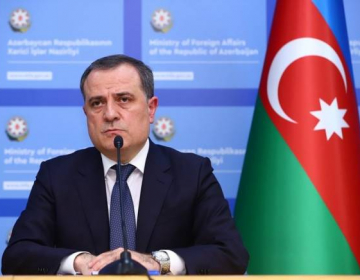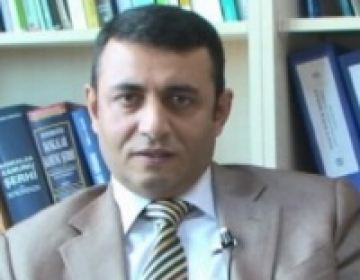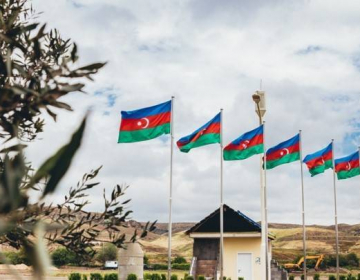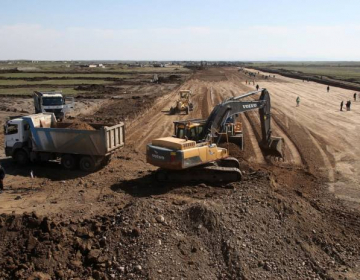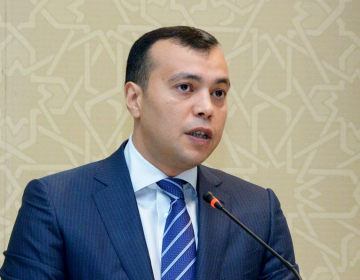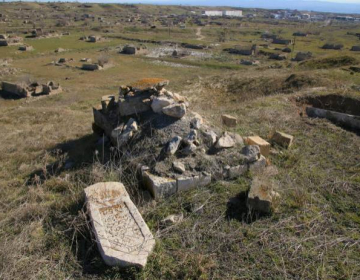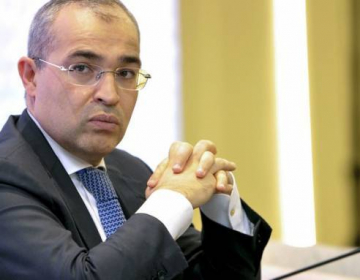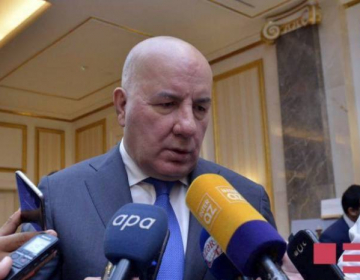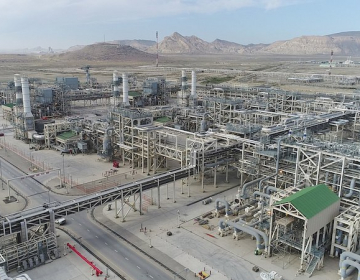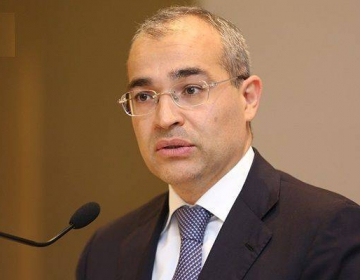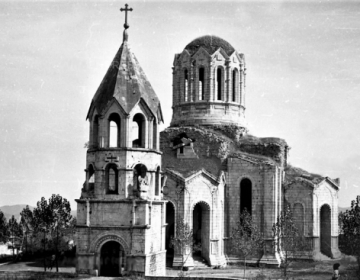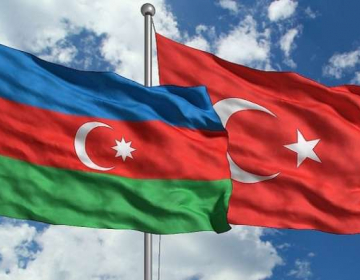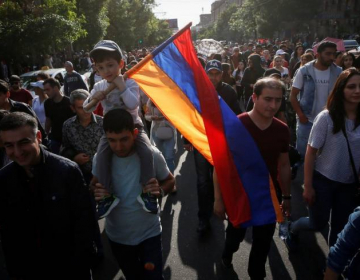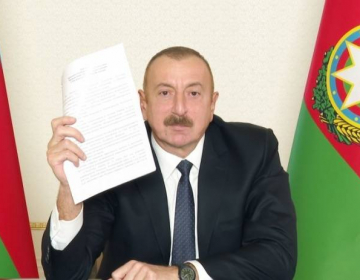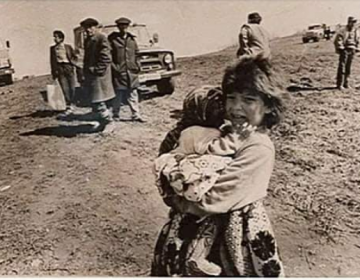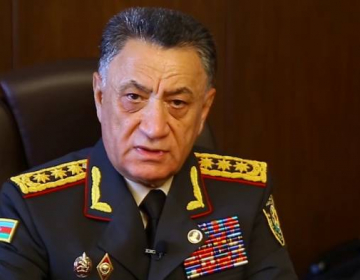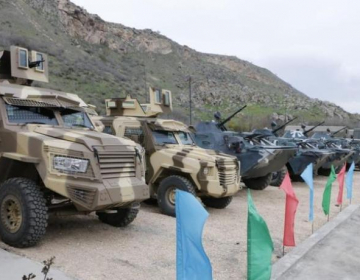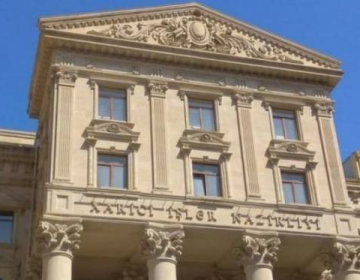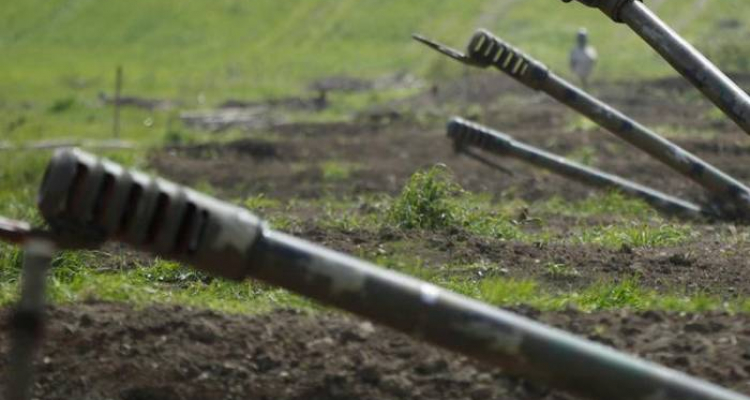On 10 November 2020, Armenia and Azerbaijan signed a ceasefire declaration, under the auspices of Russia, that ended the 44-day war. Armenia effectively acknowledged its military defeat and pledged to withdraw its forces from the occupied territories of Azerbaijan, which should be accompanied by the deployment of Russian peacekeeping forces. For twenty-seven years, Armenian forces, though officially denied, kept Nagorno-Karabakh and seven adjacent regions of the internationally recognized territories of Azerbaijan under occupation.
The 10 November declaration has several important clauses that have wider implications and, if they are all fully implemented, may lead to a durable peace. If the commitments are not upheld, the events will develop in other directions.
The 10 November declaration contains important clauses about the opening of communication and transportation links in the region. Azerbaijan committed to allow a flow of people and goods, monitored by Russian peacekeepers, through the so-called Lachin corridor, which connects Armenia with the Armenian population in Karabakh. In the meantime, in accordance with the declaration, Armenia pledged to grant land access through its Megri region between Azerbaijan proper and the Nakhichevan exclave. Other communication lines are also about to be opened. Azerbaijan has already signed an agreement with Russia for the delivery of humanitarian supplies to Armenians in Karabakh through Azerbaijani territories.
The potential for opening transportation links can create the ground for future regional cooperation and better connectivity. Azerbaijan invested in and successfully implemented a number of transportation projects—the Baku–Tbilisi–Kars railroad, Trans-Caspian fiber-optic line, and others—to promote greater connectivity between Europe and Asia. In contrast, Armenia has, for all these years, owing to the occupation of Azerbaijani territories, been left isolated from regional projects, including oil and gas pipelines. Georgia, as a transit beneficiary, earns millions of dollars from closer regional cooperation. By renouncing its territorial claims, Armenia might put an end to its isolation.
However, thus far revanchist forces in Armenia have prevailed over the political discourse in the country. One of the important clauses of the 10 November declaration remains unimplemented. According to Paragraph 4, all Armenian armed forces should be withdrawn from Azerbaijani territories. In a territory currently controlled by Russian peacekeepers, Armenian militants are still free and occasionally attack Azerbaijani positions and settlements. Unfortunately, it should be stressed that Russian peacekeepers are not acting against these Armenian militants, though their deployment was conditional on the full withdrawal of Armenian forces. Russia speaks of the inability of its peacekeepers to disarm the Armenians. However, Russia already managed to make Armenians withdraw from three formerly occupied regions—Agdam, Kelbajar, and Lachin—in line with a clause contained in the 10 November declaration.
The flow of Armenian militants and military cargo through the Lachin corridor is also a problem and here, too, the Russian peacekeeping mission is reluctant to engage with Azerbaijani authorities.
After so many years of animosity, it would be naïve to expect that the problems in the relations among the countries of the region can be easily settled. However, the people of Armenia and Azerbaijan must break the vicious circle of violence and free themselves from the curse of historical grievances. The President of Azerbaijan, Ilham Aliyev, commented several times in his recent speeches about the prospects for regional cooperation, which involves Armenia, Georgia, Russia, Turkey, and Iran. Turkey and the European Union have, at various points in recent history, also voiced such proposals.
Russia, as the main political broker of the ceasefire declaration, will benefit from regional peace and cooperation. Its traditional divide-and-rule policy might have some short-term benefits in terms of a boots-on-the-ground presence, but no longer ensures maintaining its economic advantage or, more importantly, its geopolitical alliances.
The year 2021 will be decisive in terms of the direction of the region: towards peace or renewed tension. One thing is for sure, however: Azerbaijan has exhibited its strategic patience and determination to fully restore control over its internationally recognized territory, and it will continue to do so in the future.
source: Diplomatic-world
pia.az

